Latest Posts
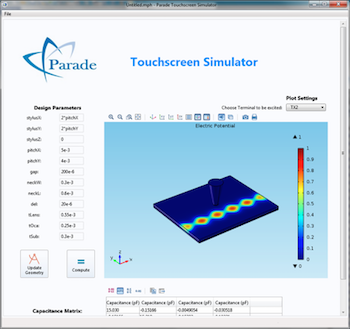
Parade Technologies Improves Workflow Efficiency with Apps
Researchers at Parade Technologies create simulation apps and distribute them to colleagues — saving time and more effectively communicating with their customers as a result.

The Loudspeaker Celebrates 100 Years of Use and Influence
Did you know that December 10, 2015 marked 100 years since the first public display of a loudspeaker? Explore the device’s rich history and simulation’s role in advancing its design…
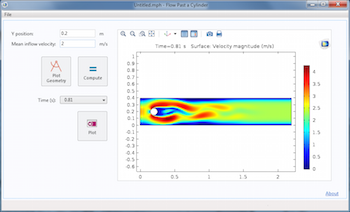
Use Editor Tools to Simplify Your App-Building Process
Get a demonstration of how to create an app using a simple simulation example, as well as how to perform common user interface creation tasks more easily in the Application Builder.
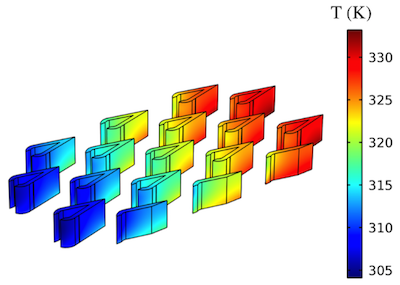
Analyzing a Novel Pin Fin Microchannel Design with Simulation
Researchers at the Rensselaer Polytechnic Institute and the University of Central Florida created a novel pin fin design and analyzed its heat transfer efficiency with COMSOL Multiphysics®.

New Impedance Boundary Conditions for Acoustics Simulations
Get a comprehensive overview of the Impedance boundary conditions and how to use them for your acoustics simulations in COMSOL Multiphysics®.
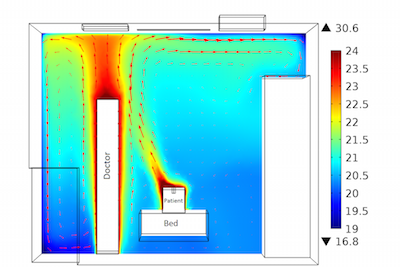
Preventing Airborne Infection with CFD Modeling
Healthcare-associated infections affect millions of people around the globe. Airborne bacteria is one cause of patient infections that can be prevented with efficient ventilation system designs.
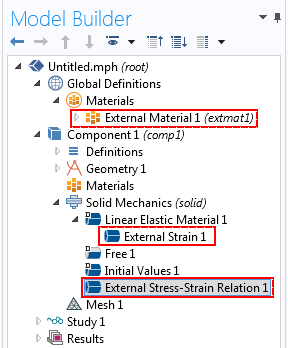
Accessing External Material Models for Structural Mechanics
In COMSOL Multiphysics®, you can access not only material models derived from external libraries but also material functions programmed by yourself. We demonstrate with concrete damage model.

Photos from the COMSOL Conference 2015 Pune
Nearly 300 attendees gathered for COMSOL Day 2015 Pune, which included two days full of minicourses, keynote talks, COMSOL-led training sessions, and more. See photos from the event here.
